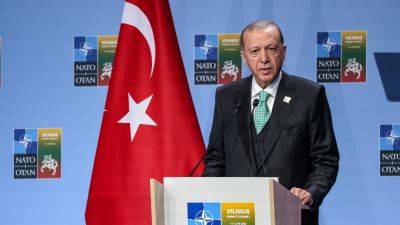Lesser-Known Co-op Party Could Shape A “Key Pillar” Of Labour’s Economic Plans
Co-operatives should be seen as a “key pillar” of Labour’s economic plans, Chair of the Co-operative Party and Labour shadow minister Jim McMahon has said.
With a general election due to be called by December 2024, Labour is still way ahead of the Conservatives in the polls, and the leadership is preparing for the increasingly real prospect of entering government for the first time in 14 years. This means the Co-operative Party is having to do the same.
The Co-op Party is one of the least well-known political parties in the UK, but they have 25 MPs in Parliament, 6 of whom are in the Labour’s shadow cabinet and 11 of whom are shadow ministers. Shadow cabinet ministers Anneliese Dodds, Steve Reed, and Jonathan Reynolds are just a few of the top names.
Recent analysis by the Co-op Party found that its percentage membership growth since the last general election has exceeded that of all the other major parties, including Labour.
In an unusual arrangement, the Co-operative Party is an independent political party which has been signed up to an electoral pact with the Labour Party since 1927, where the parties agree not to stand candidates against each other and candidates selected by members of both parties contest elections using the description of Labour and Co-operative Party.
McMahon, the Co-op Party's chair, told PoliticsHome that the party has a “visibility issue”, but that it was now increasingly important for the party to make more of a name for itself. He described the co-operative movement as “ideology in action” where ordinary people can have a “bridge” into politics, at a time when there are high levels of dissatisfaction with the government and political system as a whole.
Rather than having an all-encompassing







